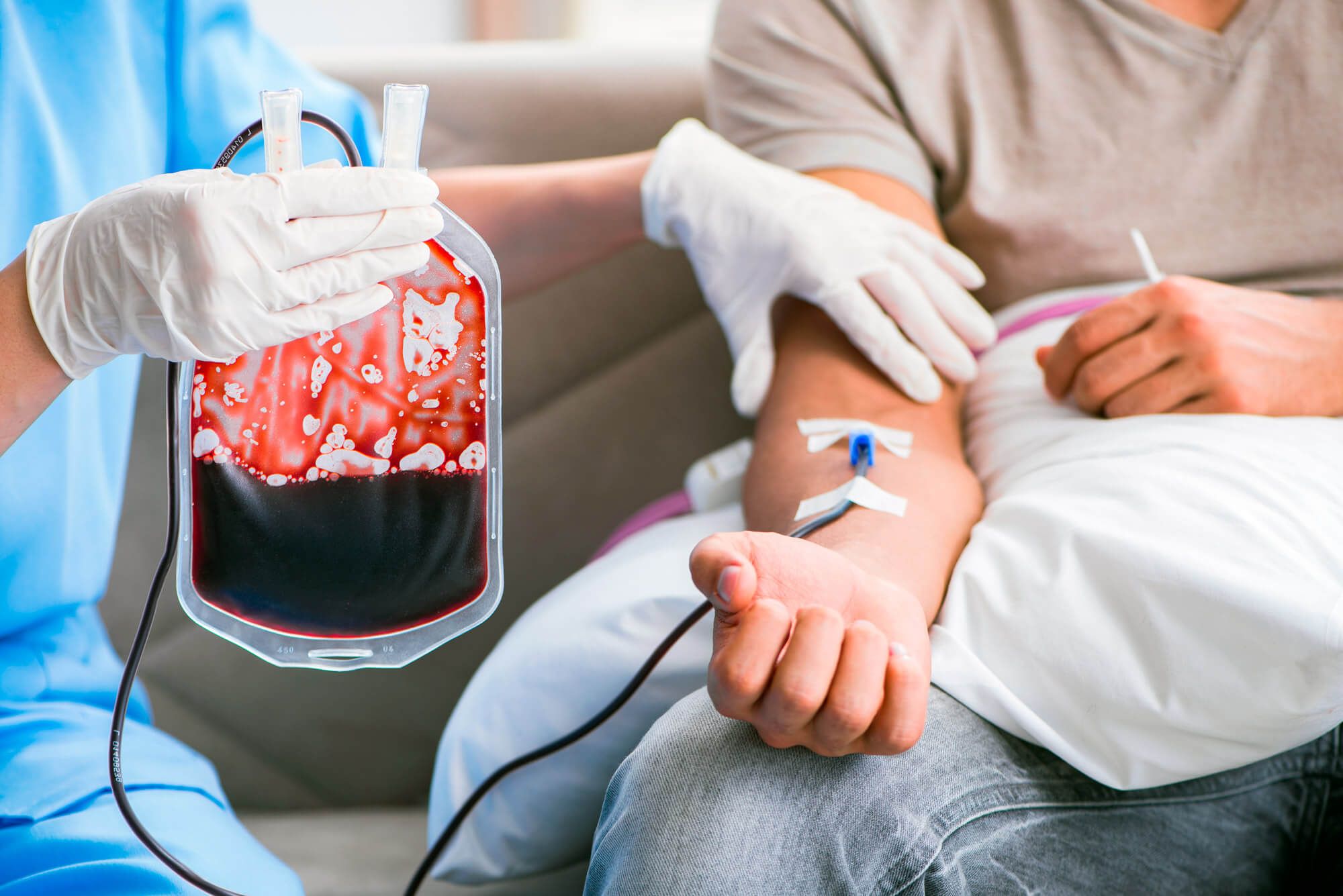Hematology Oncology is evolving rapidly, bringing new hope to cancer patients worldwide. At the forefront of this revolution is Scarlet Science, a leader in groundbreaking advancements that are reshaping how we diagnose and treat blood cancers. These innovations benefit patients and provide invaluable learning opportunities for the next generation of medical professionals.
Cutting-Edge Treatments Transforming Care

Genetic Profiling and Personalized Medicine
One of the most promising developments in hematologic oncology is genetic profiling. By analyzing a patient’s genetic mutations, oncologists can design highly personalized treatment plans. This approach, known as precision medicine, helps target cancer more effectively while minimizing side effects.
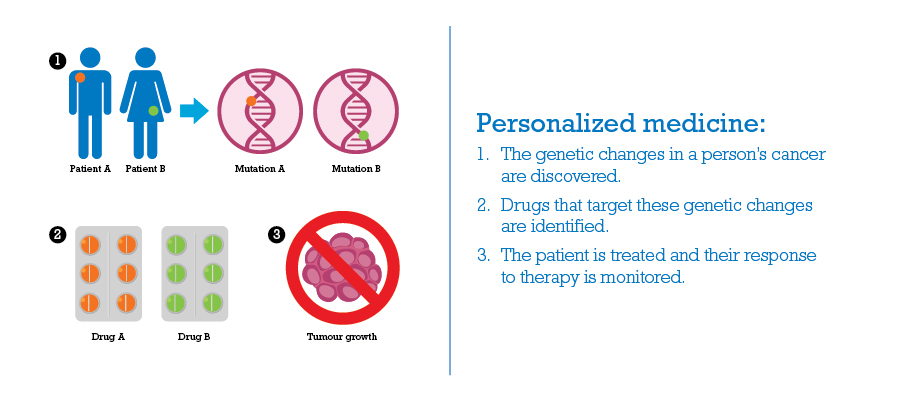
For Patients:
Higher Treatment Success: Tailored therapies increase the likelihood of treatment success.
Fewer Side Effects: Targeted treatments minimize damage to healthy cells, reducing the common side effects of chemotherapy.
Early Intervention: Genetic profiling can identify cancer risks earlier, allowing for preventive care.
For Medical Students:
Real-World Exposure: Understanding how genetic mutations influence cancer behavior equips students with essential skills in precision medicine.
Innovation Training: Medical students can witness the transition from conventional therapies to cutting-edge, personalized approaches firsthand.
Immunotherapy: A Game Changer
Immunotherapy has radically changed the landscape of cancer treatment. One of the most remarkable advances is CAR-T cell therapy, which reprograms a patient’s immune cells to attack cancer. This therapy has shown impressive results, particularly in treating blood cancers such as leukemia and lymphoma.
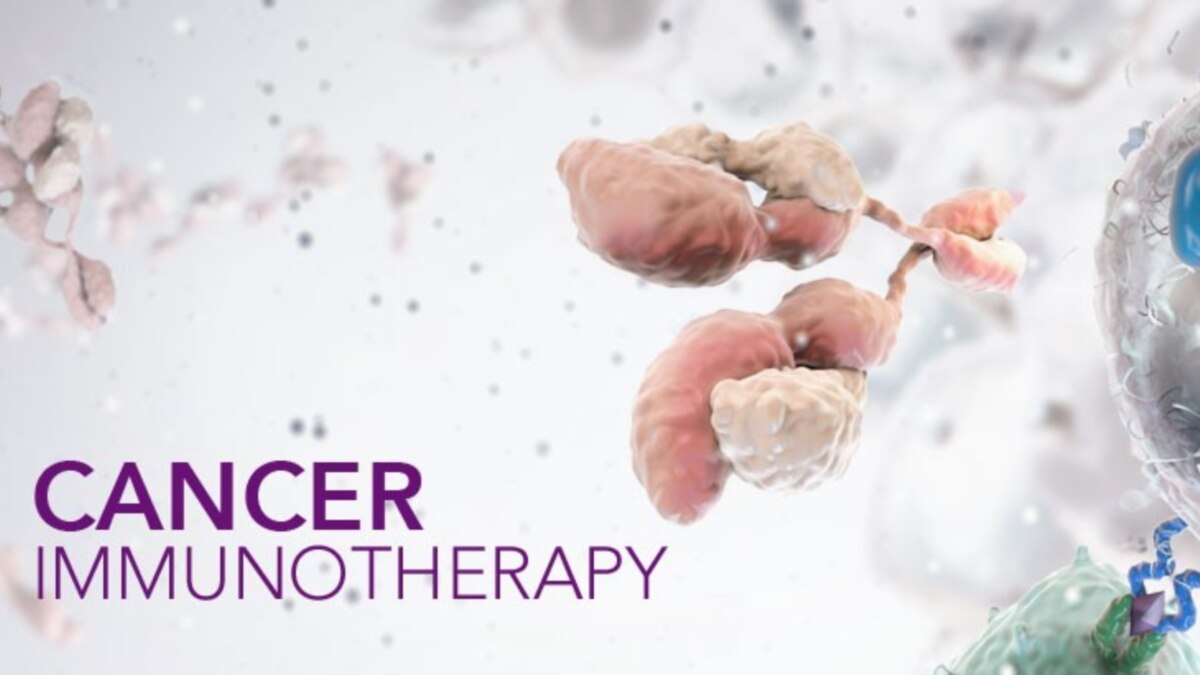
Benefits for Patients:
Long-Term Remission: Immunotherapy has the potential to offer lasting remission, even in cases where other treatments have failed.
Less Invasive: Immunotherapy uses the body’s immune system and is often less harsh than traditional chemotherapy or radiation.
For Medical Students:
Hands-On Learning: Students can participate in clinical trials or observe treatments, learning about cutting-edge immunotherapies like CAR-T.
Research Opportunities: Immunotherapy remains a hotbed for research, offering students a chance to contribute to future advancements.
Targeted Therapies
Targeted therapies work by focusing on specific molecular changes that drive cancer growth. Drugs like tyrosine kinase inhibitors zero in on cancer cells without harming healthy cells.
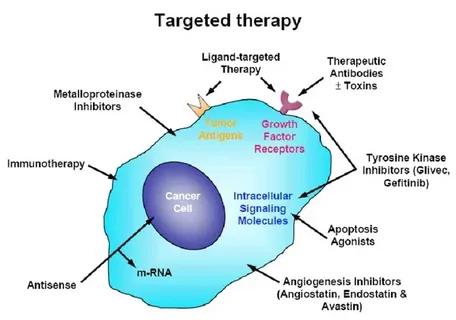
For Patients:
More Precise Treatment: These therapies aim at specific cancer drivers, offering a personalized approach that improves effectiveness.
Reduced Toxicity: With fewer off-target effects, patients often experience fewer adverse reactions than chemotherapy.
For Medical Students:
Molecular Biology Mastery: These therapies teach students the importance of molecular and cellular understanding in treating disease.
Emerging Roles: Students gain experience in a continuously evolving area of oncology, enhancing their career opportunities.
Scarlet Science’s Role in Shaping the Future

Advanced Diagnostic Tools
Scarlet Science is in charge of diagnostic innovation. Their cutting-edge tools allow for earlier and more accurate detection of hematologic malignancies.
For Patients:
Early Detection: Early-stage diagnosis leads to more effective treatments and better outcomes.
Continuous Monitoring: These tools help track the progression of the disease, allowing timely treatment adjustments.
Benefits for Medical Students:
Exposure to New Tech: Medical students gain experience with advanced diagnostic equipment, preparing them for a tech-driven medical landscape.
Research Contributions: Students can engage in diagnostics research, contributing to innovations that improve patient outcomes.
Clinical Trials and Collaborations
Scarlet Science is involved in clinical trials and collaborates with universities and research organizations.
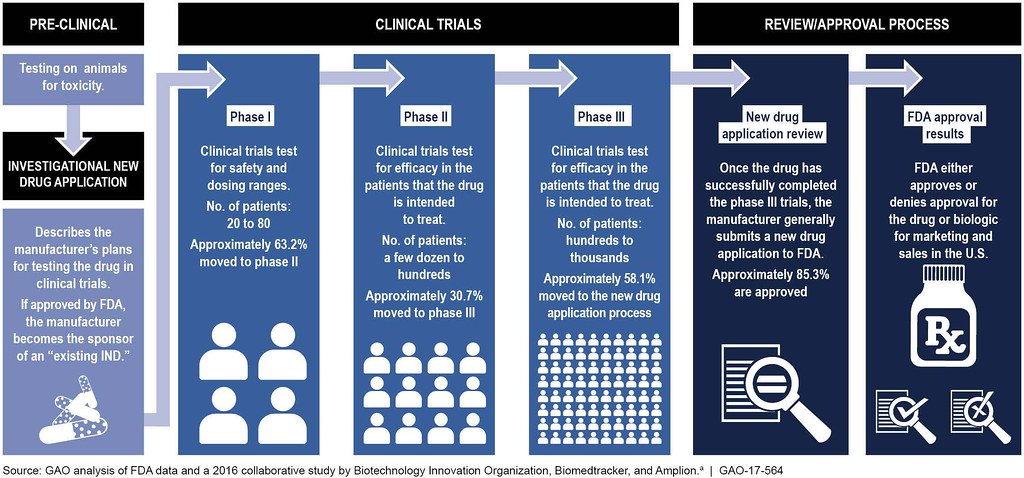
For Patients:
Access to New Therapies: Patients participating in clinical trials can access experimental treatments before they become widely available.
Hope for Hard-to-Treat Cancers: Clinical trials offer a chance to try cutting-edge treatments for patients with few remaining options.
Benefits for Medical Students:
Clinical Experience: Students can participate in clinical trials, observing the development and impact of new therapies.
Networking Opportunities: Collaborating with leading researchers and institutions opens doors for mentorship and career growth.
Finding Expert Hematologic Oncologist

If you or a loved one is seeking treatment, finding an experienced hematologic oncologist is crucial. Top specialists are available locally, and your family doctor can offer referrals. Additionally, you can search for board-certified hematology-oncology experts online to ensure the best care.
The Future of Hematology Oncology

Artificial Intelligence and Big Data
AI is poised to revolutionize hematology-oncology. AI can offer more precise diagnoses and treatment recommendations by analyzing vast amounts of patient data.
For Patients:
Improved Accuracy: AI-driven diagnostics can lead to more personalized and effective treatment plans.
Faster Results: AI can speed up the diagnosis process, allowing patients to start treatment sooner.
Benefits for Medical Students:
Tech Integration: Students learn how AI tools are integrated into clinical practice, preparing them for the future of medicine.
Research Expansion: AI offers a vast field of research where students can explore the intersection of technology and healthcare.
Precision Medicine: The Road Ahead
Precision medicine continues to be a vital focus in hematology-oncology research. By integrating genetic data with environmental factors and lifestyle information, oncologists will soon design even more personalized treatment plans.
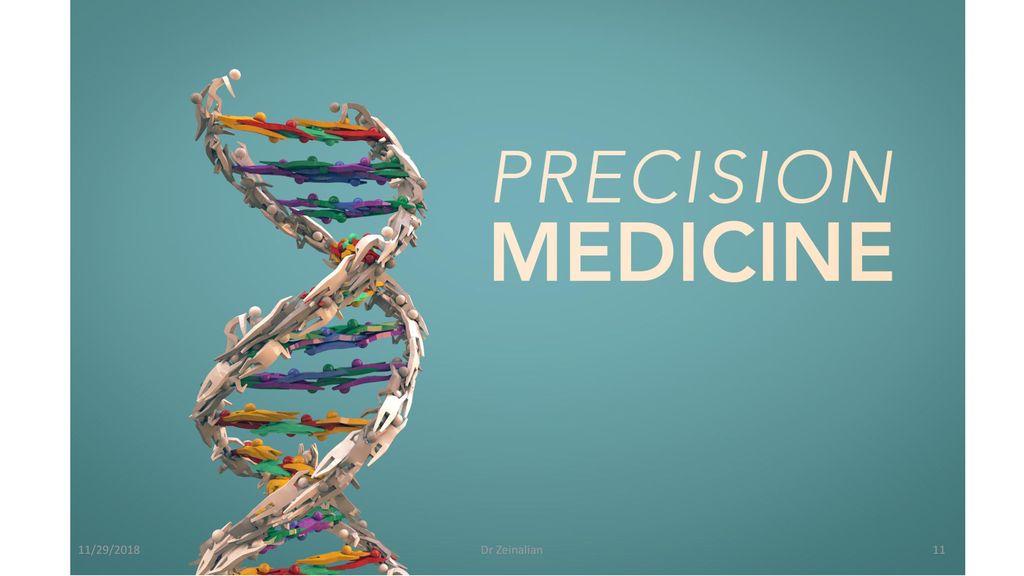
For Patients:
Customized Treatment Plans: Patients receive treatment plans that are concrete to their genetic and environmental factors, increasing effectiveness.
Fewer Side Effects: Tailor-made treatments minimize side effects, improving quality of life during cancer treatment.
Benefits for Medical Students:
Cutting-Edge Knowledge: Students studying precision medicine are at the forefront of oncology, making them highly sought after in the job market.
Interdisciplinary Learning: This field offers an opportunity to combine knowledge from genetics, oncology, and patient care, giving students a well-rounded education.
New Era of Hope in Cancer Care
Scarlet Science is leading the way toward a future where cancer treatment is more personalized, precise, and effective. From genetic profiling and immunotherapy to advanced diagnostics and AI, these innovations offer new hope for patients and opportunities for medical students to be part of a transformative field. If you or someone you know has been diagnosed with cancer, consult with a hematology-oncology expert to explore the latest treatment options.
For more insights into the evolving field of hematology-oncology and to support Scarlet Science’s mission, stay tuned for our upcoming articles.









